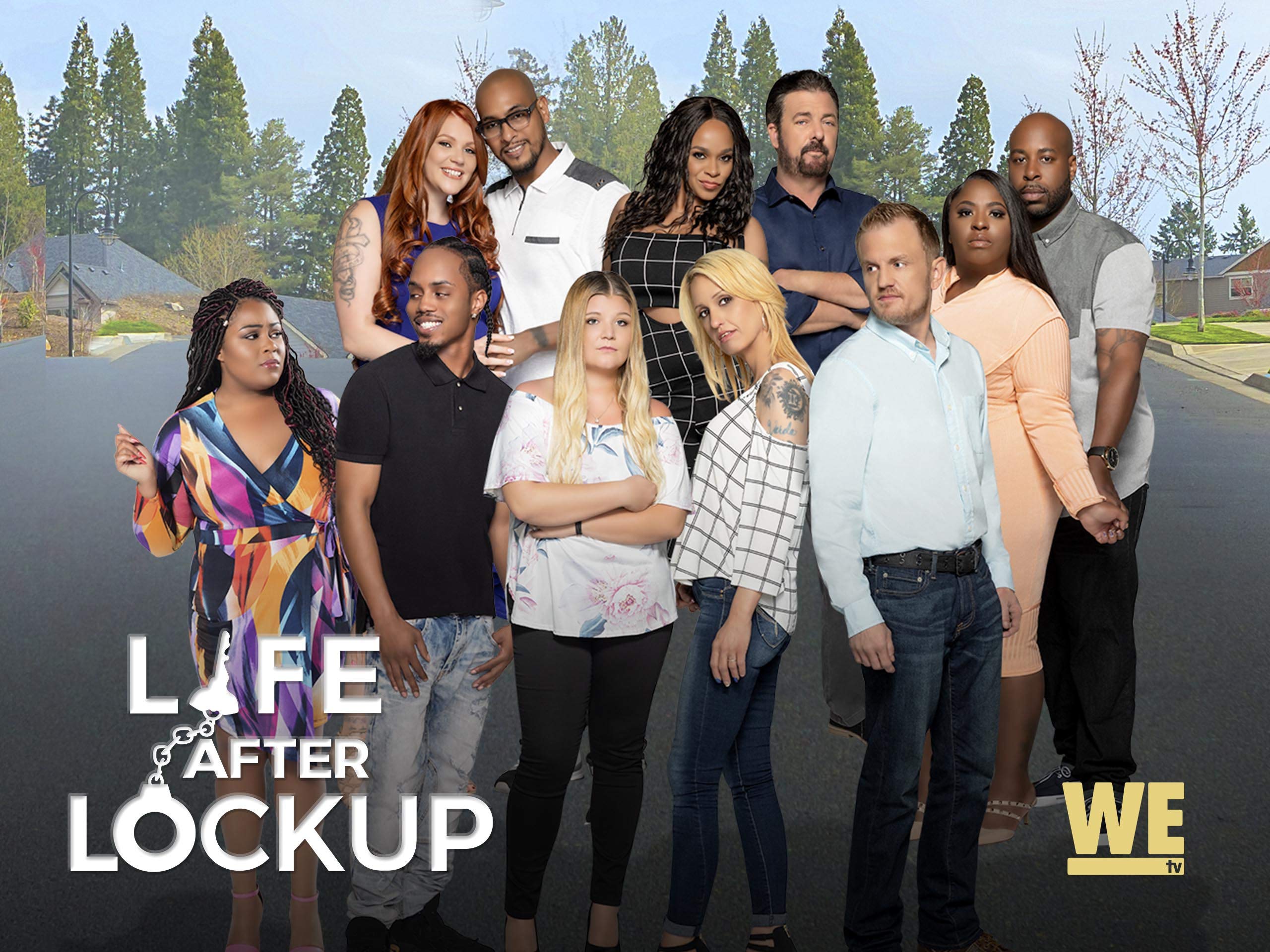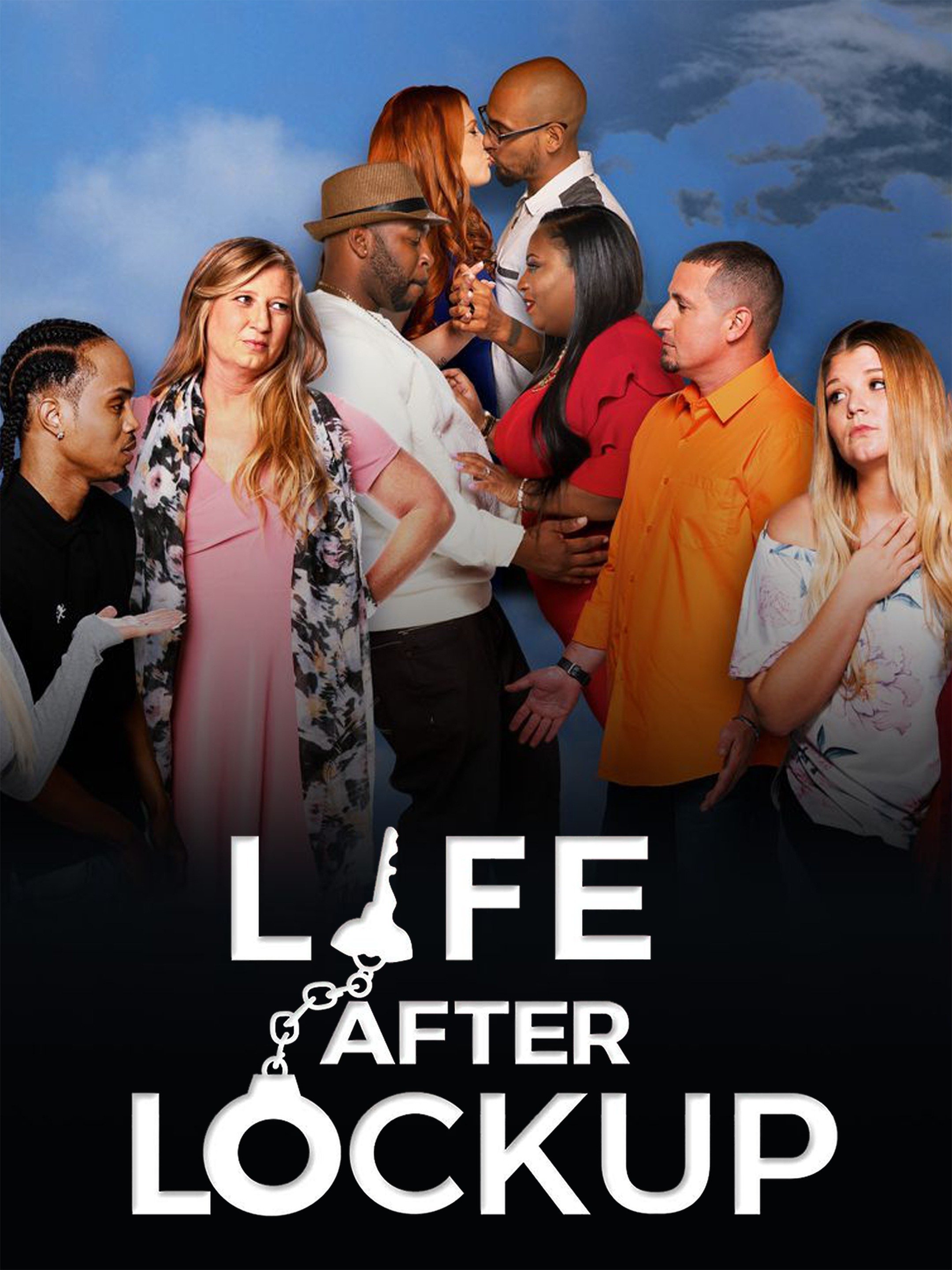Life After Lockup: The Real Struggles And Triumphs Beyond Bars
Life after lockup is a journey that many underestimate. It's not just about freedom—it's about rebuilding, healing, and finding purpose. The challenges are real, but so are the opportunities for growth. For those who’ve walked this path, the story doesn’t end at the prison gates. It’s just the beginning of a new chapter filled with hope, resilience, and sometimes, unexpected triumphs.
When someone steps out of incarceration, they’re met with a world that may feel unfamiliar. Society has moved on, relationships have shifted, and the skills needed to thrive in today’s economy might be entirely different from what they knew before. Yet, despite these hurdles, countless individuals prove every day that life after lockup can lead to success, happiness, and fulfillment.
This article dives deep into the realities of life after lockup. From the emotional toll to the practical steps toward reintegration, we’ll explore everything you need to know. Whether you’re someone navigating this transition yourself or supporting a loved one, this guide will equip you with insights, resources, and inspiration to make the most of this second chance.
- Ava Elizabeth Philippe Rising Star In Hollywoods Spotlight
- Whoopi Goldberg The Queen Of Comedy Wit And Wisdom
Table of Contents:
- Biography: Real Stories of Redemption
- Challenges Faced After Lockup
- The Emotional Journey of Reentry
- Finding Employment Post-Lockup
- Education and Skill Development
- Addressing Mental Health Needs
- Building a Strong Support System
- Navigating Legal and Financial Hurdles
- Reconnecting with the Community
- Success Stories: Turning the Page
Biography: Real Stories of Redemption
Life Beyond Bars: A Second Chance at Living
Let’s start by hearing from those who’ve lived through it. Real-life stories of redemption paint a vivid picture of what life after lockup looks like. These individuals aren’t just statistics; they’re people with dreams, fears, and aspirations. Take John Carter, for example, who spent over a decade behind bars for drug-related offenses. Today, he runs a successful nonprofit organization helping others reintegrate into society. His journey wasn’t easy, but it proves that transformation is possible.
Here’s a quick glimpse into John’s life:
- Lori Anne Allison A Deep Dive Into The Life Career And Legacy
- Candace Owens Kids A Closer Look At Her Family Life
| Name | John Carter |
|---|---|
| Age | 45 |
| Occupation | Founder & CEO, Second Chance Foundation |
| Years in Incarceration | 12 |
| Current Location | Los Angeles, CA |
Challenges Faced After Lockup
The Hard Truth About Reentry
Life after lockup isn’t all sunshine and rainbows. There are significant challenges to overcome, and understanding them is key to preparing for the road ahead. One major obstacle is societal stigma. Many employers, landlords, and even friends and family members struggle to see beyond the label of “ex-offender.” This mindset creates barriers that can feel insurmountable.
Financial instability is another common hurdle. Without a steady income or access to affordable housing, it’s tough to get back on your feet. Add to that the cost of legal fees, court-ordered restitution, and child support payments, and the financial strain becomes overwhelming.
The Emotional Journey of Reentry
Healing from Trauma and Building Resilience
Emotionally, life after lockup can be a rollercoaster. Feelings of guilt, shame, and anxiety often accompany the excitement of freedom. It’s crucial to address these emotions head-on and seek support when needed. Therapy, support groups, and mindfulness practices can play a vital role in healing.
Resilience, however, is the name of the game. Many who’ve walked this path credit their ability to adapt and persevere as the reason for their success. Here are some tips for building emotional resilience:
- Practice self-compassion and forgive yourself.
- Set small, achievable goals to build confidence.
- Surround yourself with positive influences.
- Stay connected to your values and purpose.
Finding Employment Post-Lockup
Breaking Down Barriers in the Job Market
Securing employment is one of the biggest challenges for those reentering society. Employers often hesitate to hire individuals with criminal records, fearing potential risks. However, research shows that hiring ex-offenders can lead to lower turnover rates and increased workplace diversity.
Programs like Ban the Box and Second Chance Hiring initiatives aim to level the playing field. They encourage employers to focus on skills and qualifications rather than past mistakes. Additionally, vocational training and apprenticeships can provide valuable experience and certifications that boost employability.
Education and Skill Development
Learning New Skills for a New Life
Education is a powerful tool for transformation. Whether it’s earning a GED, pursuing higher education, or mastering a trade, learning opens doors to better opportunities. Online platforms like Coursera, Khan Academy, and LinkedIn Learning offer affordable or free courses in a variety of fields.
Community colleges and vocational schools also play a critical role in preparing individuals for the workforce. By combining classroom instruction with hands-on experience, these programs help bridge the gap between education and employment.
Addressing Mental Health Needs
Breaking the Silence Around Mental Health
Mental health is an often-overlooked aspect of life after lockup. The stress of reentry, coupled with pre-existing conditions, can take a toll on mental well-being. Seeking professional help is essential, but it’s also important to build a supportive network of friends, family, and peers.
Some effective strategies for managing mental health include:
- Regular exercise and mindfulness practices.
- Engaging in creative outlets like art, writing, or music.
- Connecting with mental health resources in your community.
Building a Strong Support System
You Don’t Have to Go It Alone
A strong support system is crucial for navigating life after lockup. Whether it’s family, friends, mentors, or support groups, having people in your corner makes all the difference. Peer support programs, such as those offered by organizations like the Fortune Society, provide a sense of community and belonging.
Volunteering and giving back to the community can also strengthen your support network. It allows you to connect with others who share similar experiences and goals, creating a sense of purpose and fulfillment.
Navigating Legal and Financial Hurdles
Understanding Your Rights and Responsibilities
Legal and financial issues can complicate life after lockup. From expunging criminal records to managing debt, there are several steps you can take to improve your situation. Consulting with a lawyer or legal aid organization can help clarify your options and protect your rights.
Financial literacy is equally important. Learning how to budget, save, and invest can set you up for long-term financial stability. Resources like the National Endowment for Financial Education (NEFE) offer free tools and guidance to help you get started.
Reconnecting with the Community
Finding Your Place in Society
Reconnecting with the community is a vital part of reintegration. Participating in local events, joining clubs or organizations, and volunteering are great ways to build relationships and contribute to society. These activities not only enhance your social life but also reinforce your sense of identity and belonging.
Community involvement also provides opportunities for personal growth and development. By sharing your story and advocating for change, you can inspire others and create a ripple effect of positivity.
Success Stories: Turning the Page
Proof That Transformation Is Possible
Finally, let’s celebrate the success stories of those who’ve made it through life after lockup. From entrepreneurs to activists, these individuals prove that no one’s story is defined by their past mistakes. They remind us that with determination, support, and the right resources, anything is possible.
Take Sarah Johnson, for instance, who turned her passion for baking into a thriving business. Or Marcus Green, who became a published author and motivational speaker. Their journeys serve as a testament to the power of resilience and hope.
Kesimpulan
Life after lockup is a challenging yet rewarding journey. While the road ahead may be fraught with obstacles, it’s also filled with opportunities for growth and transformation. By addressing the challenges, building a strong support system, and staying focused on your goals, you can create a fulfilling and successful life beyond bars.
We encourage you to share your thoughts, experiences, and questions in the comments below. Together, we can break down stigma and build a more inclusive society for everyone. And don’t forget to explore our other articles for more insights and inspiration.



Detail Author:
- Name : Clay Klocko
- Username : gkshlerin
- Email : kemmer.braeden@yahoo.com
- Birthdate : 1977-04-16
- Address : 957 Boyer Gateway Apt. 256 Georgefurt, NE 69638-0961
- Phone : 1-986-917-8680
- Company : Medhurst Ltd
- Job : Cement Mason and Concrete Finisher
- Bio : Eos non et illo et. Est soluta delectus libero libero iusto. Natus pariatur ut eos quod fugiat repudiandae eum. Qui voluptas recusandae quae fugit illo rerum.
Socials
tiktok:
- url : https://tiktok.com/@cornell1411
- username : cornell1411
- bio : Maiores quia voluptas eius quo veritatis qui. Deleniti aut sunt et maxime.
- followers : 4015
- following : 1477
facebook:
- url : https://facebook.com/cmraz
- username : cmraz
- bio : Voluptatem totam aliquam velit ea eius sit asperiores.
- followers : 1202
- following : 2341
twitter:
- url : https://twitter.com/mraz2012
- username : mraz2012
- bio : Deserunt accusamus ut minus ea. Non aliquam architecto rem temporibus dicta et. Illo alias dolores et non quod. Eaque veniam aliquam recusandae qui.
- followers : 6172
- following : 1844